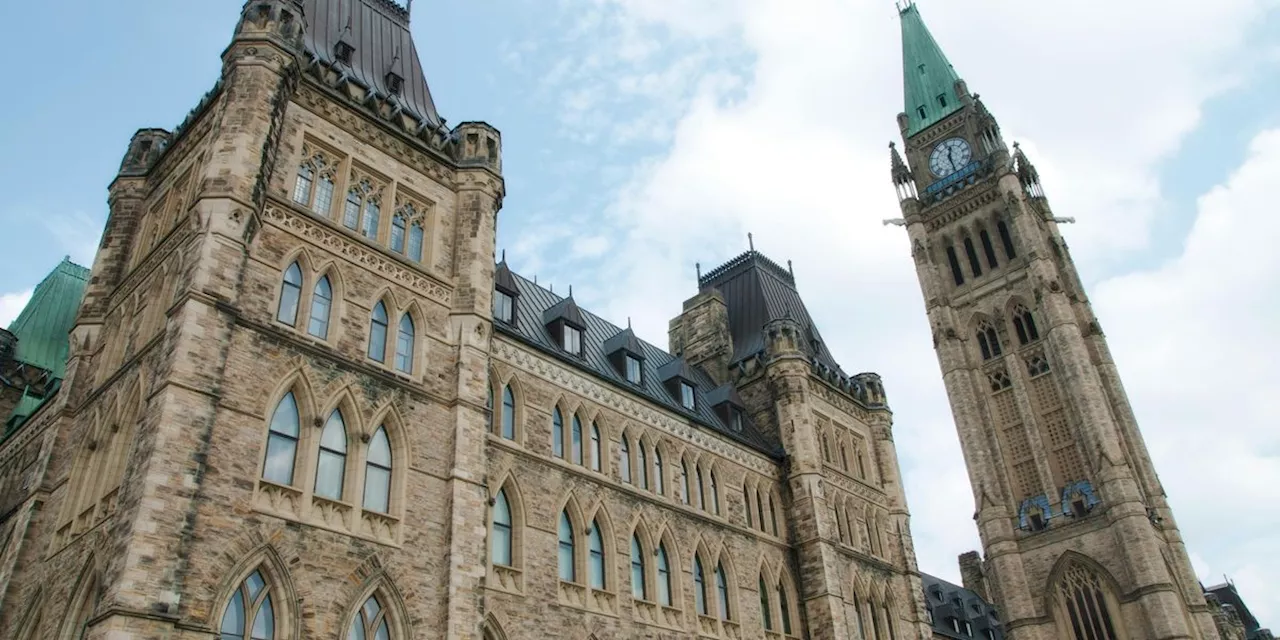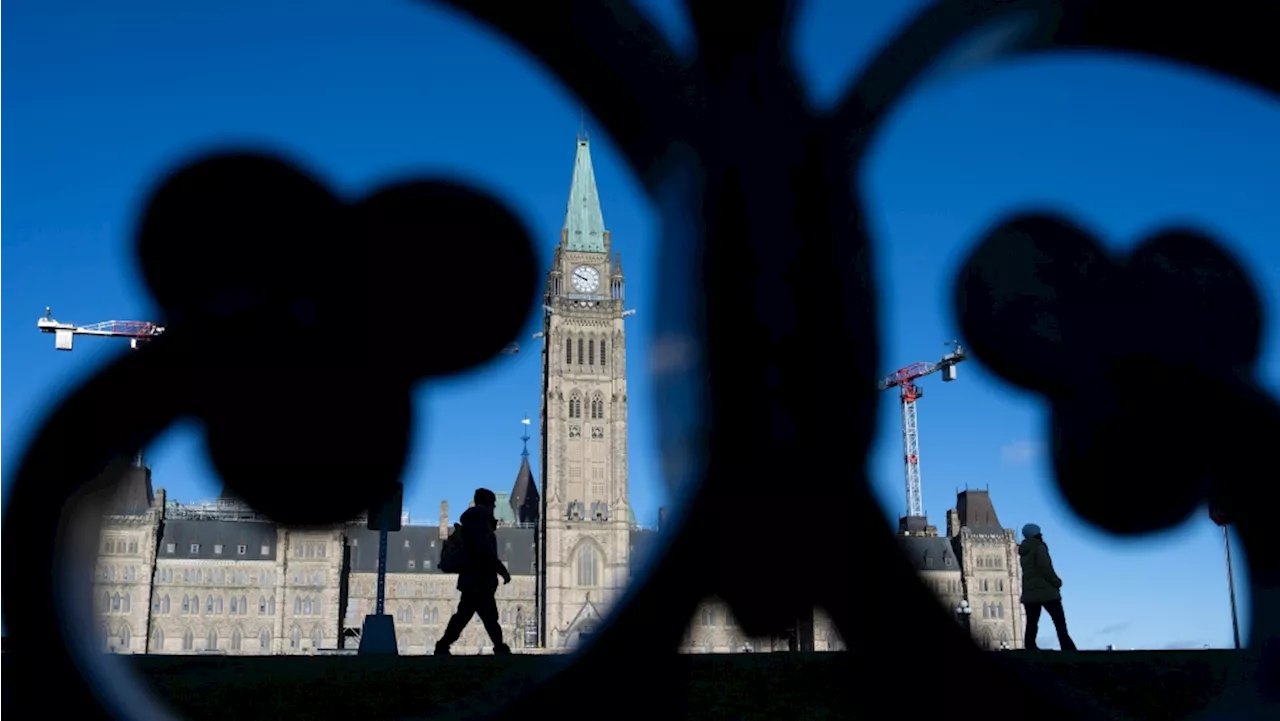The Canadian government has postponed its planned increase to the capital gains inclusion rate, offering relief to businesses and individuals.
The Canadian federal government has announced a deferral of its planned increase to the capital gains inclusion rate. Initially set to take effect on June 25th of this year, the implementation has been pushed back to January 1st, 2026. This decision comes amidst concerns about the impact of the tax hike on the economy. The government emphasizes its commitment to maintaining and enhancing existing exemptions while introducing new incentives to encourage investment.
The capital gains inclusion rate, currently at 50 percent for companies and individuals earning above $250,000 from capital gains, would have increased to 66.67 percent under the original plan. The deferral provides much-needed clarity for individuals and businesses who faced uncertainty about the tax changes.The government highlighted several key exemptions being maintained or implemented. These include: the principal residence exception, ensuring Canadians don't pay capital gains taxes when selling their primary home; a new $250,000 annual threshold for Canadians beginning January 1st, 2026, designed to benefit individuals with modest capital gains; an increase in the lifetime capital gains exemption to $1.25 million from $1,016,836 for the sale of small business shares, farming, and fishing property, effective June 25th, 2024; and a new Canadian entrepreneurs' incentive, reducing the inclusion rate to one-third on a lifetime maximum of $2 million in eligible capital gains, effective in the 2025 tax year.The government's move comes after the proposed changes to the capital gains tax were introduced in a ways and means motion but not yet passed in parliament, which is prorogued until March 24th. The Canadian Chamber of Commerce had raised concerns about the government's intent to implement the tax changes without parliamentary approval, calling it unprecedented and harmful to investment and entrepreneurship. The deferral aims to address these concerns and create a more stable environment for businesses and individuals
Canada Government Capital Gains Taxes Deferral Investment Economy
Canada Latest News, Canada Headlines
Similar News:You can also read news stories similar to this one that we have collected from other news sources.
 Canada's Capital Gains Tax Hike Proposal ScrappedThe Canadian government's proposal to increase the capital gains tax has been scrapped following Prime Minister Justin Trudeau's resignation and decision to prorogue parliament.
Canada's Capital Gains Tax Hike Proposal ScrappedThe Canadian government's proposal to increase the capital gains tax has been scrapped following Prime Minister Justin Trudeau's resignation and decision to prorogue parliament.
Read more »
 Canada's Capital Gains Tax Hike Faces Uncertainty After ProrogationProposed changes to Canada's capital gains tax, aimed at increasing the tax rate from 50% to 66.67%, are facing uncertainty after Parliament's prorogation. The government's ability to implement the changes remains unclear due to the political deadlock.
Canada's Capital Gains Tax Hike Faces Uncertainty After ProrogationProposed changes to Canada's capital gains tax, aimed at increasing the tax rate from 50% to 66.67%, are facing uncertainty after Parliament's prorogation. The government's ability to implement the changes remains unclear due to the political deadlock.
Read more »
 Canada Revenue Agency to Administer Capital Gains Tax Despite Parliamentary ProrogationThe Canadian government intends to continue the administration of a proposed capital gains tax, even though Parliament is currently prorogued. The finance department asserts that parliamentary convention allows for the tax to be implemented upon the tabling of a notice of ways and means motion, which the Liberals did in September.
Canada Revenue Agency to Administer Capital Gains Tax Despite Parliamentary ProrogationThe Canadian government intends to continue the administration of a proposed capital gains tax, even though Parliament is currently prorogued. The finance department asserts that parliamentary convention allows for the tax to be implemented upon the tabling of a notice of ways and means motion, which the Liberals did in September.
Read more »
 Canada Revenue Agency to Continue Administering Capital Gains Tax Despite ProrogationThe Canadian government announced that the Canada Revenue Agency (CRA) will continue to administer the capital gains tax, despite Parliament being prorogued. The finance department stated that the policy will be effective as soon as the government tables a notice of ways and means motion.
Canada Revenue Agency to Continue Administering Capital Gains Tax Despite ProrogationThe Canadian government announced that the Canada Revenue Agency (CRA) will continue to administer the capital gains tax, despite Parliament being prorogued. The finance department stated that the policy will be effective as soon as the government tables a notice of ways and means motion.
Read more »
 Canada to Implement Capital Gains Tax Despite ProrogationThe Canadian government plans to proceed with the implementation of a new capital gains tax despite Parliament being prorogued.
Canada to Implement Capital Gains Tax Despite ProrogationThe Canadian government plans to proceed with the implementation of a new capital gains tax despite Parliament being prorogued.
Read more »
 Canada Raises Capital Gains Tax Despite Parliament ProrogationCanada's capital gains tax has been increased as of June 25, 2024, despite a bill proposing these changes not passing through Parliament due to Conservative opposition. The government argues the increase targets the wealthy and incentivizes entrepreneurs. While the bill needs parliamentary approval, the Canada Revenue Agency (CRA) can implement the hike now as it was tabled as a ways and means motion, ensuring consistency and fairness for all taxpayers. Forms for filing under the new rules will be issued by January 31, 2025.
Canada Raises Capital Gains Tax Despite Parliament ProrogationCanada's capital gains tax has been increased as of June 25, 2024, despite a bill proposing these changes not passing through Parliament due to Conservative opposition. The government argues the increase targets the wealthy and incentivizes entrepreneurs. While the bill needs parliamentary approval, the Canada Revenue Agency (CRA) can implement the hike now as it was tabled as a ways and means motion, ensuring consistency and fairness for all taxpayers. Forms for filing under the new rules will be issued by January 31, 2025.
Read more »
